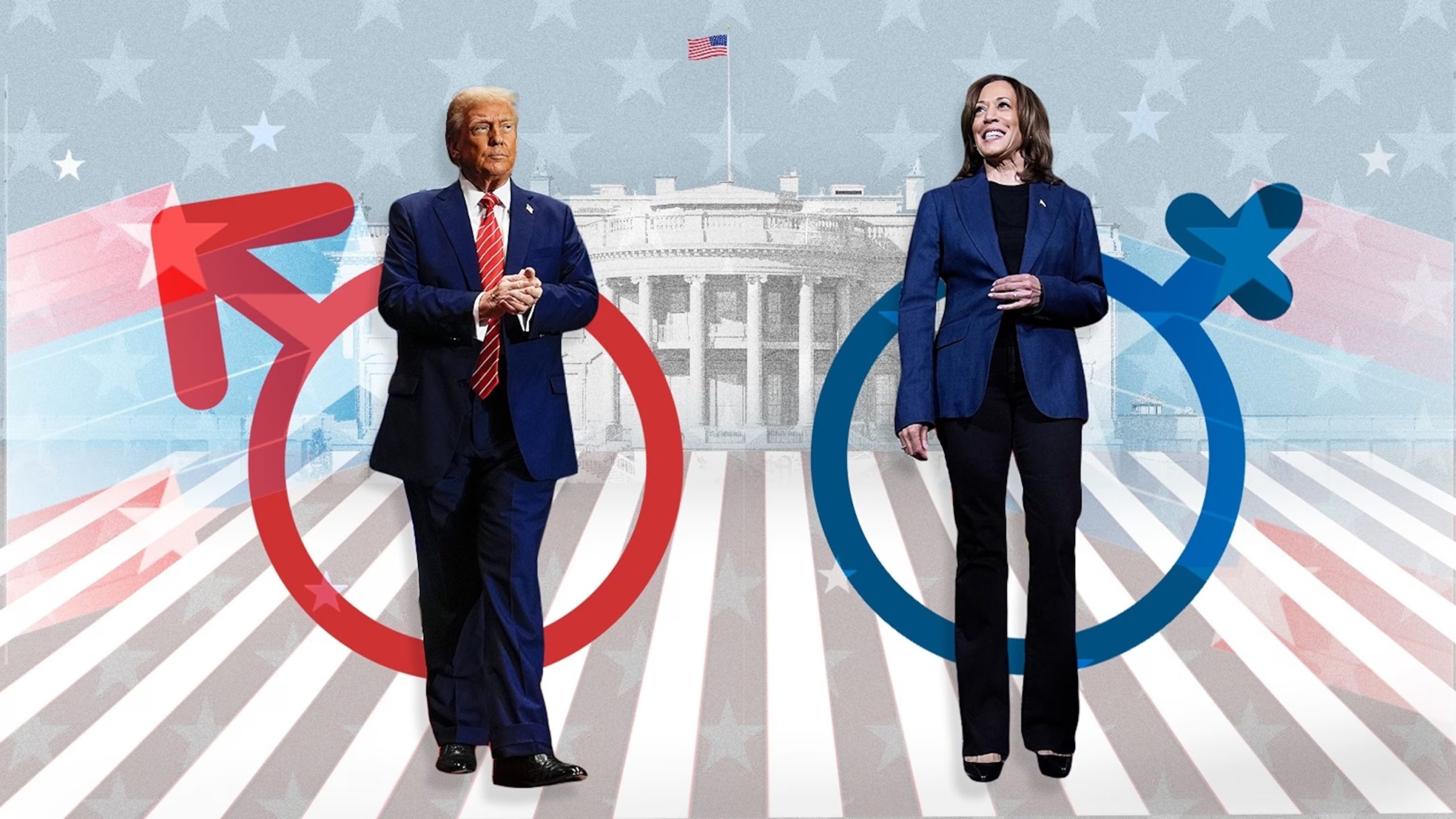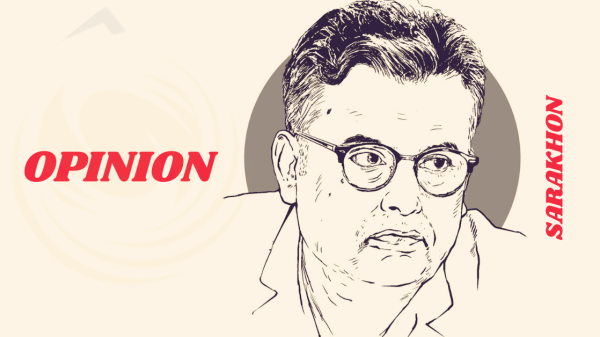Why Gen Z’s Are Turning Right: New Wave of Youth Power

Across the globe, the political landscape is witnessing a remarkable and concerning shift: Young men from Generation Z are increasingly aligning themselves with right-wing and even extremist ideologies, while their female counterparts move in the opposite direction, rallying behind progressive causes. This growing gender-based political divide is now shaping elections and sparking debate from Seoul to Paris, Berlin to Toronto.
A New Fault Line in Youth Politics
Across democracies, a significant gender-based political divide is emerging among Generation Z voters. Young men are increasingly supporting right-wing and far-right parties, while young women are more likely to back progressive movements. This marks a shift from earlier trends, when youth of both genders generally leaned progressive.
This pattern is clear in Europe, the United States, and Asia. In recent studies, over one-fifth of young European men now support far-right parties, compared to notably fewer young women. In the US, the 2024 election saw Gen Z men favoring Trump and Gen Z women supporting Harris by double-digit margins. In South Korea, young men’s growing support for conservatives is driven by issues like mandatory military service and job market frustrations.

Experts say economic uncertainty, changing gender roles, and social media are fueling this divide. Many young men feel sidelined by rising living costs and job instability, and see women’s growing success as a threat. These trends are reshaping global politics, making it harder to build broad democratic consensus.
The Rise of Angry Young Men
The growing gender gap in politics isn’t unique to Korea. Across Western democracies, a similar trend is unfolding. In France’s last national election, men aged 18 to 34 overwhelmingly voted for Marine Le Pen’s far-right party, outnumbering their female counterparts. In Germany, a record 20.8% of the vote went to the anti-immigration AfD party, fueled by a surge of support among young men.
Young men in the West often cite job insecurity, rising competition, and frustration with diversity policies as reasons for their shift. Government statistics in the UK show that men aged 16 to 24 are more likely to be unemployed or not engaged in education compared to women. As the gender pay gap among people in their twenties closes or even reverses in some countries, young men are feeling increasingly marginalized.

Berlin’s Molly Lynch, just 18, notes, “Many young men are falling for right-wing propaganda because they believe they’re losing power. But the truth is, they’re losing a privilege they never had an equal right to in the first place.”
Beyond Generation Z: A Broader Backlash
The divide isn’t limited to Gen Z. In Canada, half of men aged 35 to 54 recently voted for the opposition Conservative Party, signaling that political discontent among men spans generations. Analysts point to the decline of blue-collar jobs and the rise of social media as accelerants of this “angry young men” phenomenon. Social media, in particular, amplifies frustration and resentment, feeding into echo chambers that reinforce divisive narratives.
Gender Wars and the Future of Politics
The consequences of this widening gender divide are already apparent. In the 2024 US election, Donald Trump’s platform of reviving manufacturing and opposing diversity initiatives struck a chord with young white and Hispanic men but triggered a strong backlash among young women, who overwhelmingly supported Kamala Harris.

Australia offers a notable exception, where compulsory voting has helped prevent the polarization seen elsewhere. Political scientist Intifar Chowdhury of the Australian National University observes that such systems can blunt extremist ideologies and maintain balance.
Still, experts warn that unless core issues—such as job insecurity, housing affordability, and mental health—are addressed, the divide will persist. The high suicide rate among young men has become a critical policy challenge. Without meaningful social consensus, warns King’s College London’s Suhyun Lee, reforms on taxes, welfare, and other crucial areas will remain elusive.
“If future generations refuse to communicate and are unwilling to build social consensus because of gender divides,” Lee cautions, “we will never be able to solve the big problems.”
Sajjad Mahmud Is a Contributor to Sarakhon and TPW



















